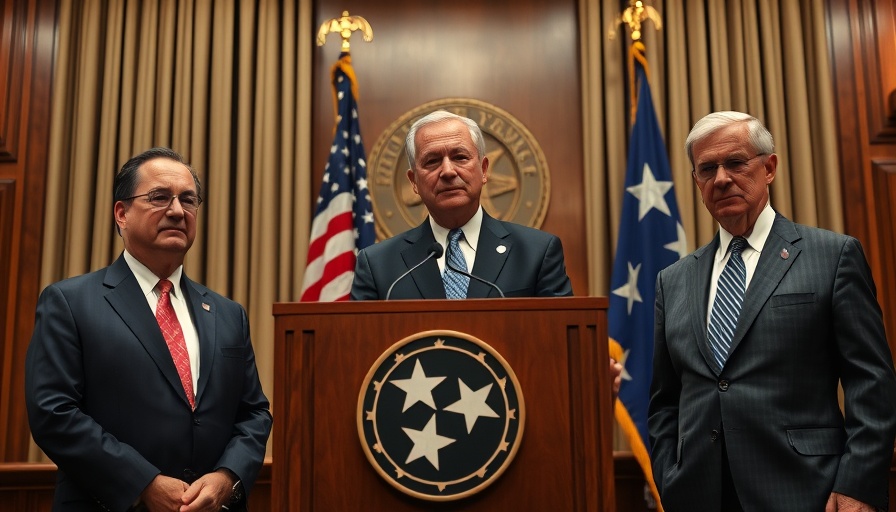
Implications of the Ruling for Transgender Families
The recent Supreme Court ruling upholding Tennessee's ban on transition treatments for transgender youth has sent shockwaves through the community, leaving many families feeling marginalized and fearful for the future. For parents and guardians, this decision signifies not just a legal setback but a personal one. Families, who envisioned a more inclusive society for their children, are met with stark reminders of systemic challenges they face. Such rulings can instill uncertainty about the safety and acceptance of their children in the broader societal context.
The Landscape of LGBTQ Rights in Tennessee
Tennessee has become notorious for its legislative push against LGBTQ rights. From barring changes to gender identification on important documents to restricting which restrooms transgender students can use, the state's trajectory has drawn heavy scrutiny from activists and advocates nationwide. The ruling from the U.S. Supreme Court reflects a broader national trend of conservative backlash against LGBTQ rights, tested through numerous state-level legislations. This political landscape influences how transgender individuals and their families navigate their daily lives.
Managing Expectations Amid Ongoing Struggles
For many within the transgender community, this ruling was anticipated, albeit disappointing. Young activists like Eli Givens articulate the tumultuous environment they experience, oscillating between moments of hope, such as Pride Month celebrations, and stark reminders of legislative actions that challenge their identities. Daily realities include resilience against an unyielding tide of legislation, fostering a community spirit among supporters and allies. The emotional toll, however, cannot be underestimated, as disheartening judicial outcomes risk instilling a sense of hopelessness.
Community Response and Beyond
The outpouring of support from allies and advocates has been essential for morale. Organizations rally around impacted families, providing crucial resources and mental health support. Community events, like Pride Month celebrations, serve as important reminders that love and acceptance exist despite legal setbacks. This dual reality encourages a spirit of solidarity and a refusal to be silenced, motivating gatherings to strategize for more inclusive policies.
A Future of Advocacy and Change
As families grapple with the implications of this ruling, there remains room for hope and change. Activists emphasize the importance of remaining politically engaged and advocating for a more inclusive future. By mobilizing coalitions, raising awareness, and supporting legislation that favors LGBTQ rights, they can work towards reversing harmful laws. The fight is far from over, and many feel that a cultural shift is possible.
 Add Row
Add Row  Add
Add 




 Add Row
Add Row  Add
Add 

Write A Comment